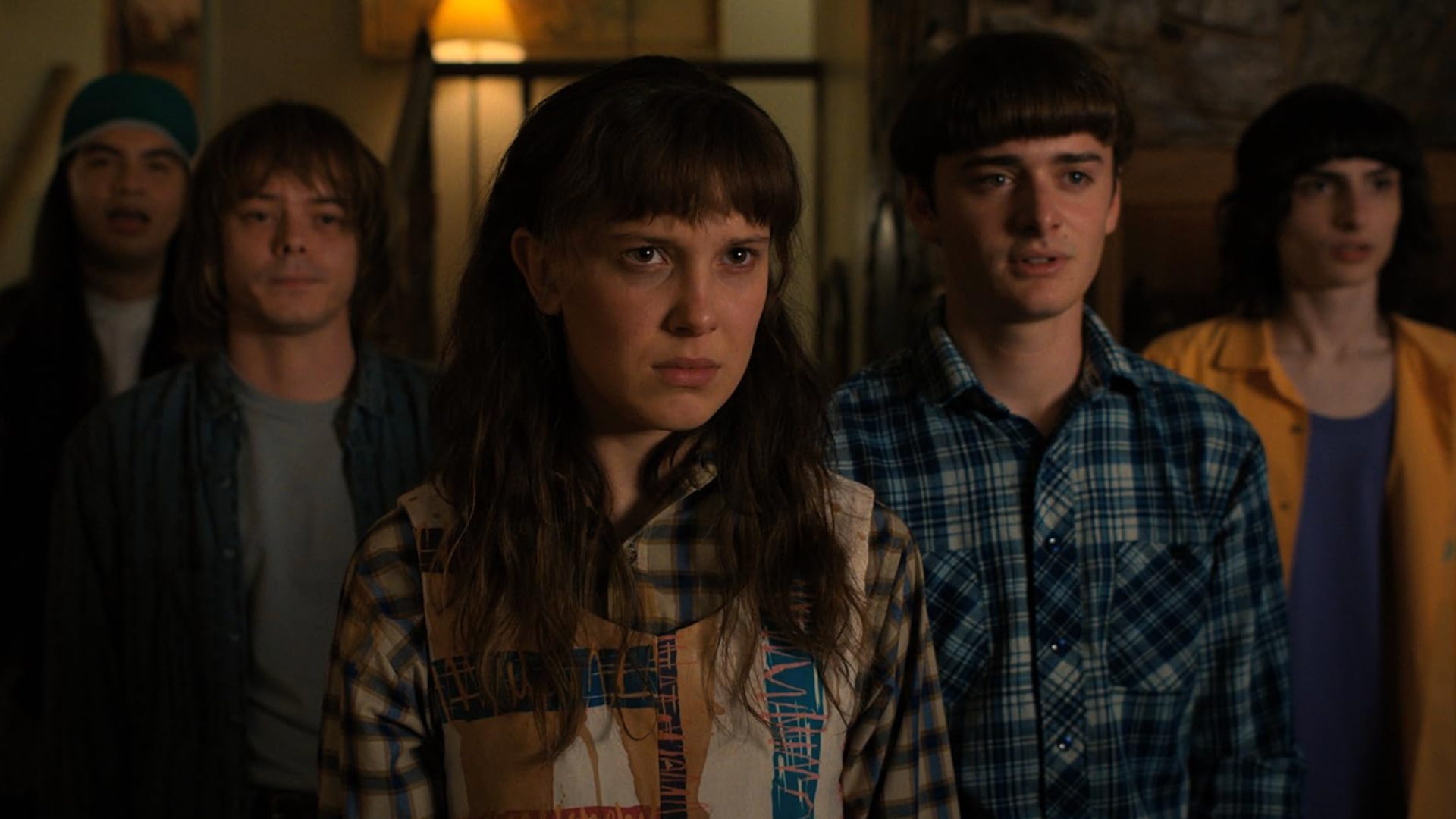Giant Space Vegetables Now On Earth
Giant spacevegetables grown from seeds sent into space have been grown in China.
In 2006, 2,000 seeds were blasted into space in a Shijan 8satellite (see Chinese'Seed Satellite'). After germinating, the best seeds were then selected forfurther breeding.
The harvest includes extra-largepumpkins, two-foot long cucumbers, fourteen pound aubergines and chiliplants that resemble small trees. Looks like you might want to order thesmall-sized portion of take-out the next time you are in orbit (see InternationalSpace Station To Get Japanese Take-Out).
The plants are claimed to offer harvests that are higherthan normal; important news for China, a country with limited arable land and1.3 billion people.
Science fiction writers have imagined how plants might becultivated in space. In his 1989 novel Tides of Light, science fictionauthor Gregory Benford referred to lifezones, special growth pods that could beattached to a space ship:
The bulbous lifezones — huge bubbles extruded from the sleeklines of the Argo, like immense, bruised bodies of parasites. Inside, theiropalescent walls ran with dewdrops, shimmering moist jewels hanging a barefinger's width away from hard vacuum.
(Read more about lifezones)
Via Could space vegetables feed the world?
Breaking space news, the latest updates on rocket launches, skywatching events and more!
(This Science Fiction in the News story used withpermission of Technovelgy.com)
- Space Food: From Squeeze Tubes To Celebrity Chefs
- A Green View: Mapping Human Food and Fuel from Space
- Space Cooking: Feeding Astronauts on Mars-bound Missions
Bill Christensen is the founder and editor of Technovelgy, a website dedicated to cataloguing the inventions, technology and ideas of science fiction writers. Bill is a dedicated reader of science fiction with a passion about science and the history of ideas. For 10 years, he worked as writer creating technical documentation for large companies such as Ford, Unisys and Northern Telecom and currently works to found and maintain large websites. You can see Bill's latest project on Twitter.
